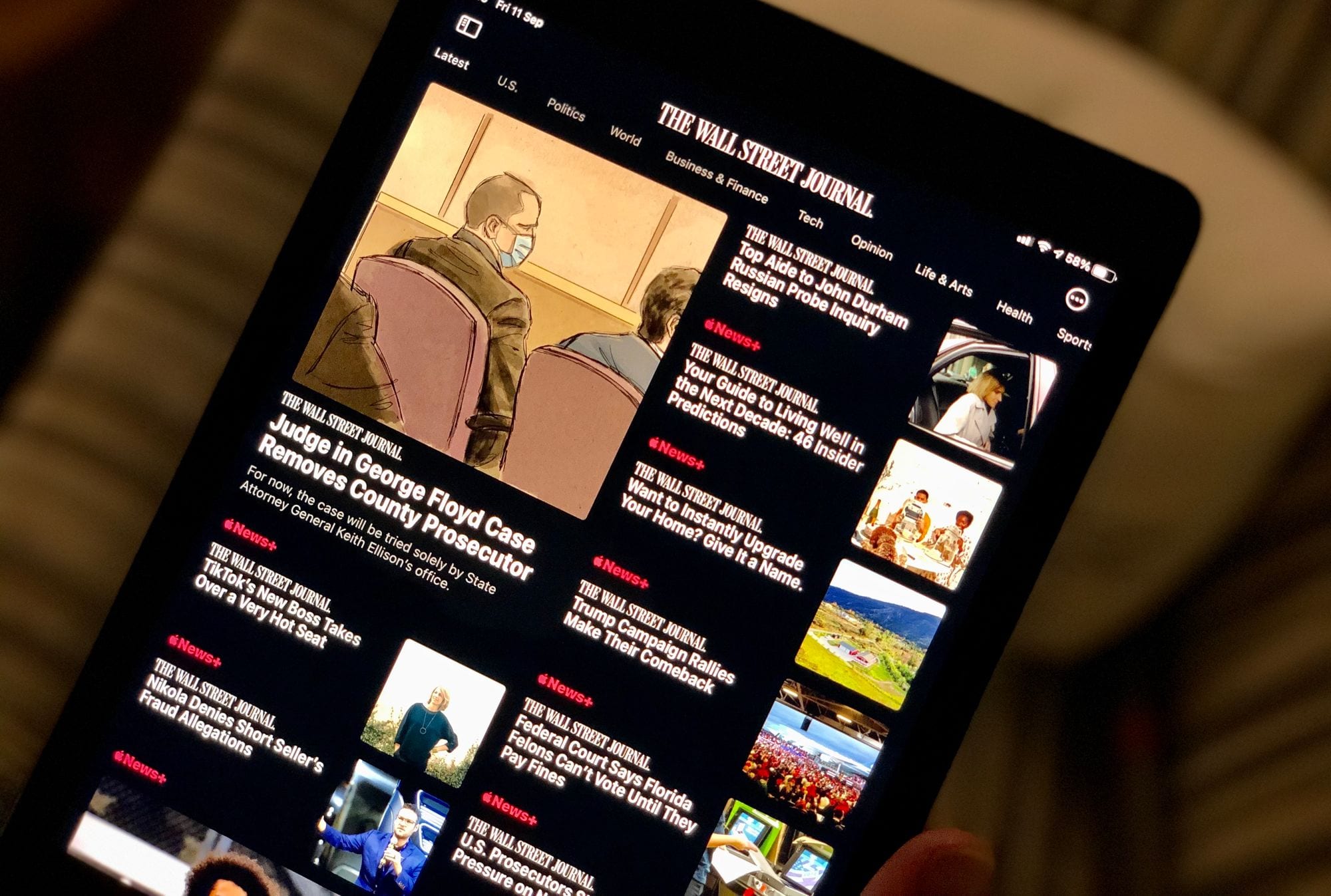Get some audio in your engagement strategy
Why audio is critical to your audience engagement thinking, why hashtags are back on Facebook, and more to spark your imagination this week…
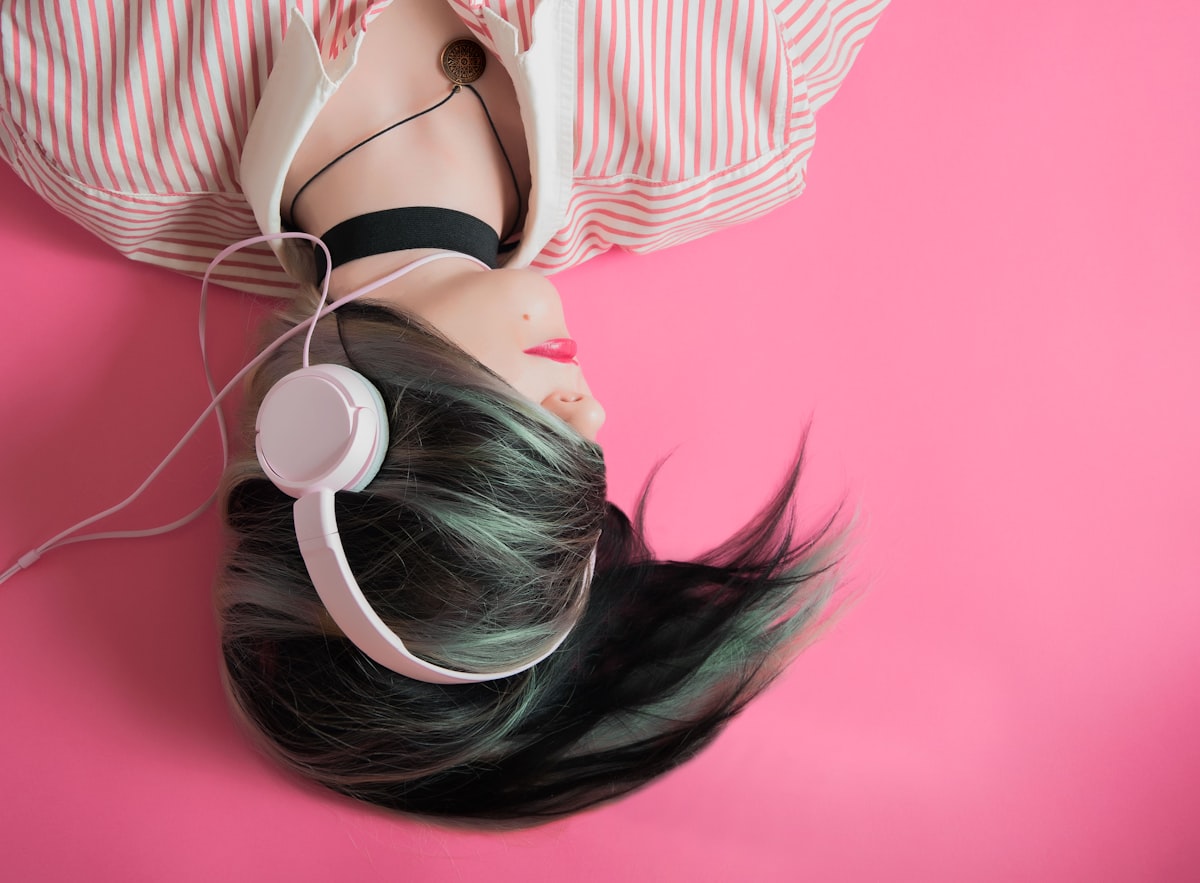
Audio's Advantage
Danish site Zetland has been a favourite of mine, since I saw their editor-in-chief speak at a conference a few years ago. (Remember those days, so very long ago, when we used to go to conferences? Crazy times.)
They've talked before about their success with audio versions of their journalism, but this is remarkable reinforcement of that:
This strategy has proved effective during the coronavirus pandemic, attracting at one point around 2,000 members in a three-week period.
Their audio articles have a better retention rate than their traditional web ones. If you want to be read, be listened to…
Journalists or writers?
And that reminds me of a question that has long been in my head: are we journalists or writers? I'd argue that the difference is important — and, in fact, I did so when one of my students interviewed me earlier in the year:
At my heart I’m not really a videographer or a photographer, I am a journalist. But I am a journalist as opposed to a writer. And I think that’s quite an important distinction; a lot of journalists are hard writers, are word people, whereas I like telling stories, and there are multiple ways we can tell a story. Even when I was in print I was always very interested in the visual side of my journalism as well as the written side, and [the] magazines I worked for and sections I edited tended to be very visual . When I was commissioning magazine features I used to have the art editor or the art director of the section with us. […] We tended to develop illustration ideas in parallel with the story, and not in sequence with the story.
We tend to concentrate too much on the output form, and not enough on the input. Journalism is a process, a craft, that can be give rise to multiple different forms of output from the same process. Let me explain.
Fit the form to the story, not the other way around
The transition to digital means that, whatever branch of journalism we hail from, all the major media forms are available to us: audio, video, text, images, and so on.
- How do we best get the information our readers want or need to them?
- What form of media suits both the story and the potential audience?
These are questions we don't ask ourselves nearly enough. Getting the answer right can make a significant difference.
BBC's odd audio move
All of which makes the BBC's recent move rather puzzling:
But now the BBC plans to axe all its national radio reporters and ask them to reapply for a smaller number of jobs as television, radio and digital reporters, rather than as dedicated audio journalists. Many fear it is not just the end of their careers but the premature end of an era for the BBC.
And:
“In practice,” she added, “people’s time won’t be spread equally across platforms. There are likely to be some who do the majority of their reporting for radio, for example.” The BBC remains confident “listeners will still hear lots of carefully crafted radio reports and packages”, she said.
This feels like a very 2009 move. We were doing this sort of thing with the editorial teams at RBI back then; redefining them by beat, rather than by output type. But we also quickly realised that you needed specialists in particular styles of output, too, because you can't realistically expect every journalist to be skilled in every media form. This is what Paul Bradshaw articulated as the "flying zombie laser shark" problem.
You end up having to retreat slightly from the ideal position, to allow people to concentrate on their specialisms, even if they do other things as well.
My gut feeling is that the BBC will probably end up not terribly far from where it started, with many people mainly working on radio and podcasts, but with a wider remit, too. Perhaps this is an exercise to remove from the payroll those who can't look beyond audio, whom can always be deployed as freelancers when needed.
All in all, it feels like a lot of bad feeling for very little strategic gain.
An in-ear members' club
Let's finish a more positive example: I've often come close to unsubscribing to the daily Stratechery email, because the volume is just so high. But when Ben Thompson added podcasts for members — not new content, just the emails read out — all of a sudden I could keep up. If I hadn't managed to read the email during the working day, I could catch up while cooking or doing the washing up.
Through adding the same material in a different format, Thompson stopped me churning away.
I'd listen to that, if I were you.
(Sorry, I can never resist ending with a terrible pun…)
Further reading


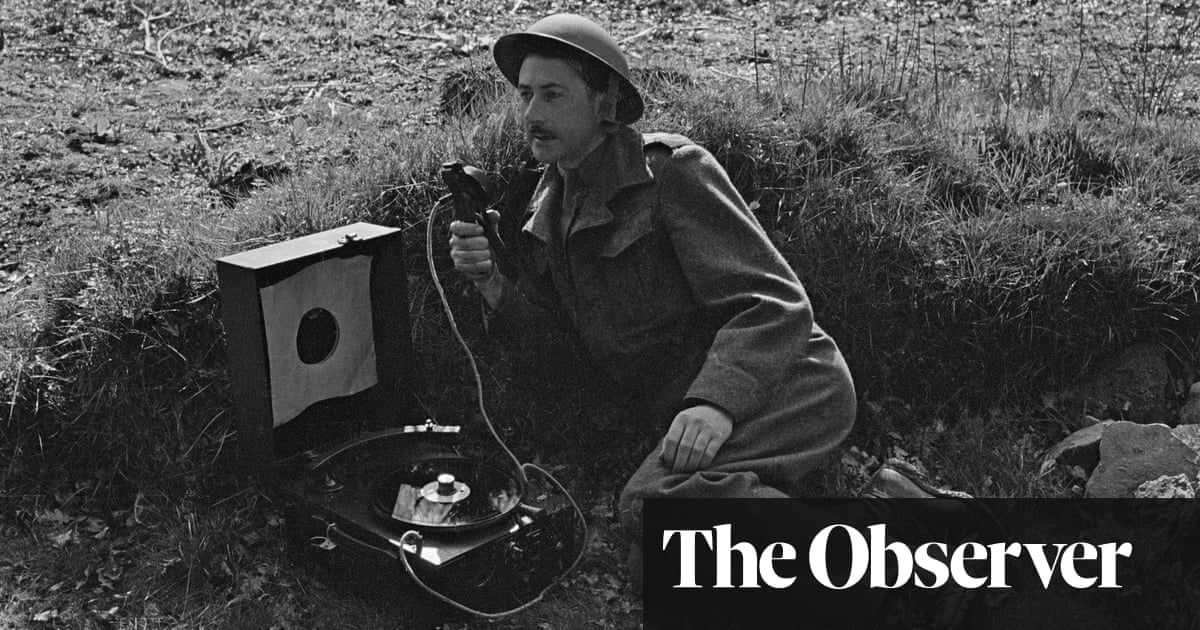
Can you argue that clean energy is a vote winner?
Friend of the blog John Crowley is doing a series of “as told to” first-person pieces for The Times, as part of an interesting series on the US election. He's looking to interview an expert, commentator, analyst or journalist who is happy to argue that clean energy will be a vote winner.
If that sounds like you, drop him a line.
Alexa, play my podcasts
Talking of audio, Amazon Music is following Spotify into the podcast space. It's probably the same motivation as the other music streamer: every music track played costs them money, but every podcast play is free (or part of a fixed cost, for their own exclusives.)
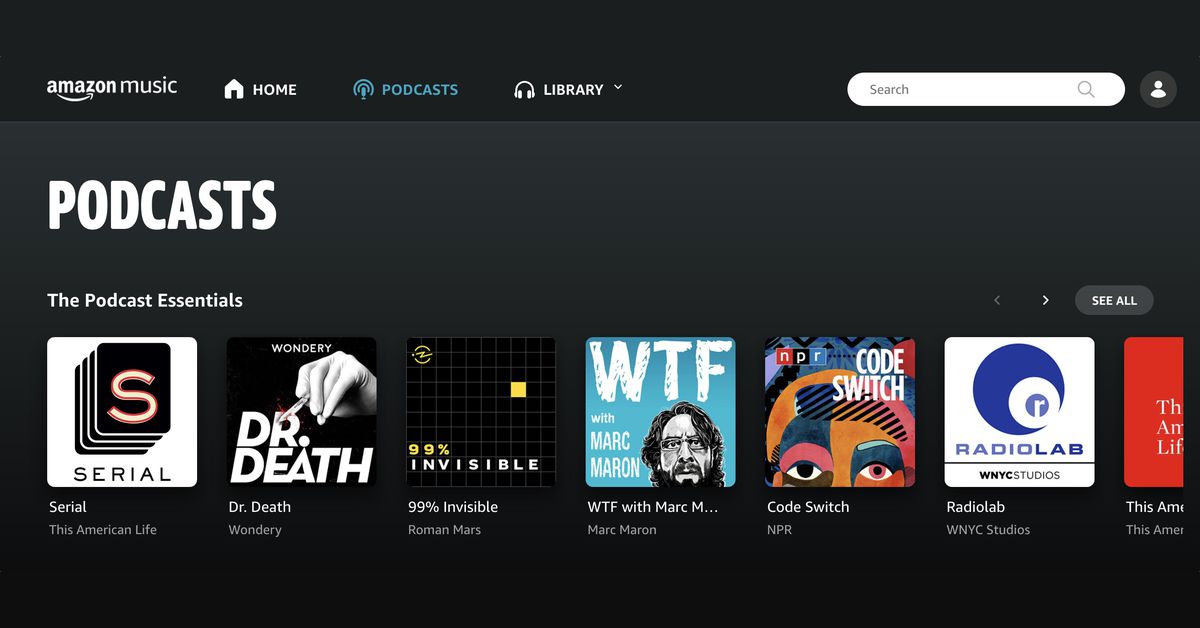
You can read Amazon Music's FAQs or submit your podcast.
Facebook 🥰 hashtags
For a long time, the conventional wisdom has been that hashtags are a waste of time, or even damaging to reach, on Facebook. But the site is now much more aggressively promoting them.
Time to engineer some hashtag reach experiments on the platform?
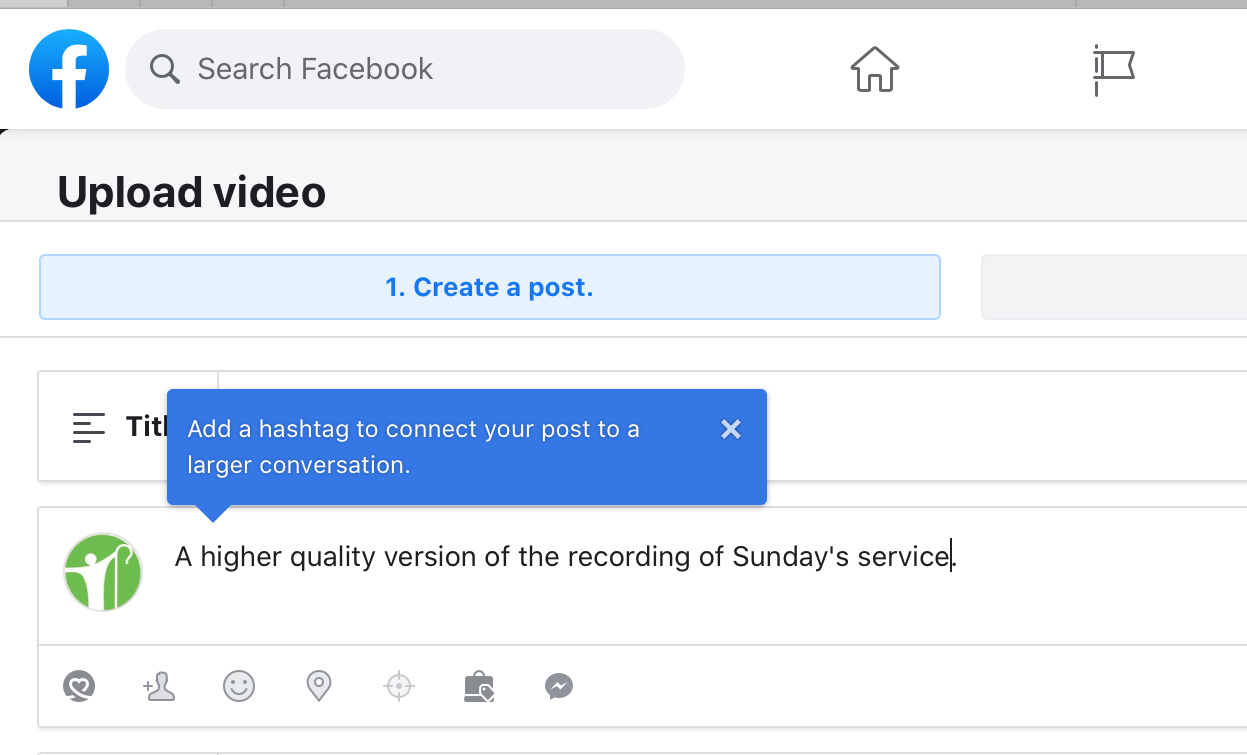
How TikTok "sees"
So, the US TikTok download ban did not happen over the weekend, but the fight over the algorithm continues. This is a really useful read in understanding how TikTok is actually operating.
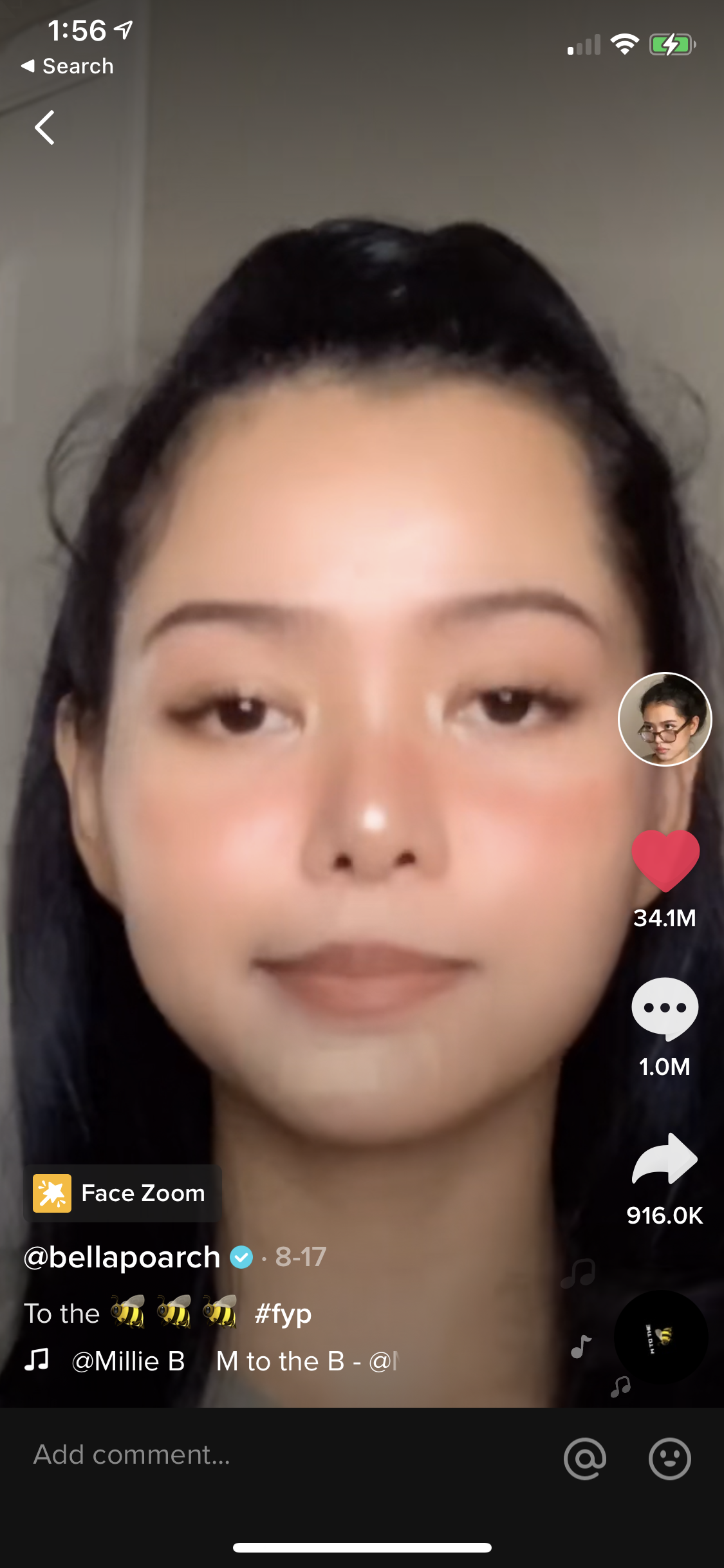
Quick Links
- 🤡 Casey Newton has a good summary of the weekend's TikTok shenanigans
- A useful research note on COVID misinformation and YouTube.
- 💸 This looks like an interesting event on online misinformation— but at £190 (+VAT) for an online morning event? Outside what I can justify, sadly.
- 📩 An interesting presentation on newsletter writing, which captures some of the differences between doing it as a personal passion and as a job.
- 📚 I'm struggling with the fact that, for the first time in eight years, I might not meet the new class of Interhacktives face-to-face. But here's a useful list of seven tips to make the most of remote college education as a journalism student.
And finally…
If you missed my Apple News+ piece from a couple of weeks back, What's New In Publishing has republished it:
